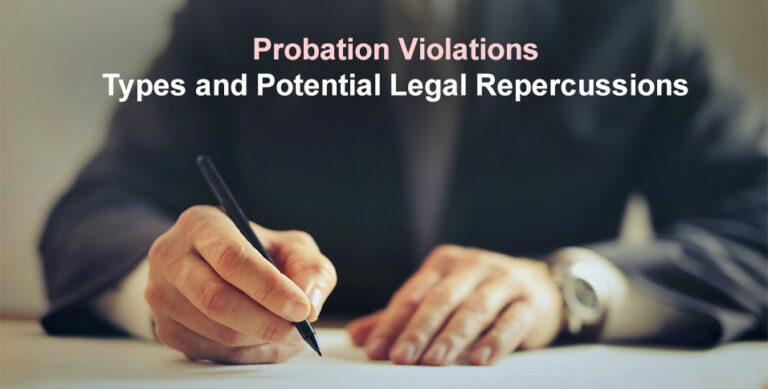You’ve decided to embark on one of life’s most significant financial journeys—buying a home. If this is your first time going through the process, navigating the world of mortgages can feel complicated and overwhelming. But, you should know that you are not alone; 42% of American households have mortgages.
But mortgages are not just about home purchases. You can use mortgages to raise the value of your property through renovation and repairs, investment purposes, and so much more. Given that this process is not straightforward at all, we prepared a guide you can follow to obtain the right funding for your needs effectively.
Understand the basics
A mortgage is a loan that you take out to buy property or land. Mortgages are typically agreed upon for a term, usually 25 years, but the actual length can be adjusted according to your financial situation. The purchased property serves as collateral, meaning if you cannot make your mortgage payments, your lender has the right to take possession of your home and sell it to recoup their losses.
Popular Mortgage Options
Reverse Mortgage
Reverse mortgages allow homeowners who are 62 years or older to convert some of their home equity into cash. This type of mortgage does not require monthly mortgage payments, but the loan is repaid when the borrower sells or moves out of the home, or passes away. If you are interested in such a loan, make sure to obtain reverse mortgage information and discover whether this type of mortgage is the right fit for your current needs.
FHA Mortgage
As a first-time home buyer, FHA mortgages might be the perfect fit. Backed by the Federal Housing Administration, this type of mortgage allows you to put down a lower payment and has more flexible credit requirements. For instance, FHA loan requirements in PA (Pennsylvania) require only a 3.5% down payment if you meet certain criteria. As a result, making homeownership dreams come true has never been easier.
Conventional Mortgage
If you don’t qualify for government-backed loans, a conventional mortgage might be the best alternative in the market. Private lenders issue this type of mortgage, and you’ll be responsible for paying closing costs and making a down payment.
VA Mortgage
You may be eligible for a VA-guaranteed mortgage if you’re a veteran or currently serving in the military. This means the Department of Veterans Affairs guarantees a portion of your loan, giving you the potential for lower interest rates and down payment requirements. On that note, eligible spouses of veterans and service members can also take advantage of this benefit.
USDA Mortgage
Not many are familiar with the USDA mortgage program. The U.S. Department of Agriculture guarantees it, and it’s designed explicitly for homebuyers looking to purchase a home in a rural area. Here’s the real kicker—it doesn’t require a down payment. If you are interested in purchasing a property in a rural area, it should be on top of your list of considerations.
Jumbo Mortgage
This type of mortgage exceeds the loan limit set by Fannie Mae and Freddie Mac, which are government-sponsored enterprises that buy and sell mortgages. Private lenders typically issue jumbo mortgages and often have stricter credit requirements.
Find the Right Mortgage Product
After you research mortgage products that best fit your needs, your next step should be reviewing what kind of requirements you need to comply with. Largely, it all comes down to your current financial situation.
Some of the popular options include fixed mortgage rates, which offer a locked interest rate for a predetermined period, typically 15, 20, or 30 years. Another option is adjustable-rate mortgages with a variable interest rate, which usually starts low and then adjusts periodically based on market indices.
Gather and Submit Required Documentation
Lenders generally require the following when assessing your mortgage application:
- Proof of identification;
- Proof of income (W-2 forms, pay stubs, or tax returns);
- Bank account statements;
- Credit report;
- Statement of assets and liabilities.
If you get approved, you will move to the final phase—the closing phase.
Close the deal
The culmination of the home loan process is the closing, which consists of a final meeting to sign and finalize all necessary paperwork. Again, ensure you understand every detail and consult with professionals, if necessary, before signing on the dotted line.
Bottom Line
When securing a mortgage, it is crucial to understand the types of mortgages available and their key differences. Knowing which mortgage product is the right one for your current needs can help you obtain one much faster.
And lastly, one of the best ways to increase your chances of approval is to get pre-approved, gather all the necessary documents like income verification and pay stubs, and conduct market research to determine the best possible mortgage terms.
Also Read: What Is a Real Estate Cash Offer, And How Does it Work?
















